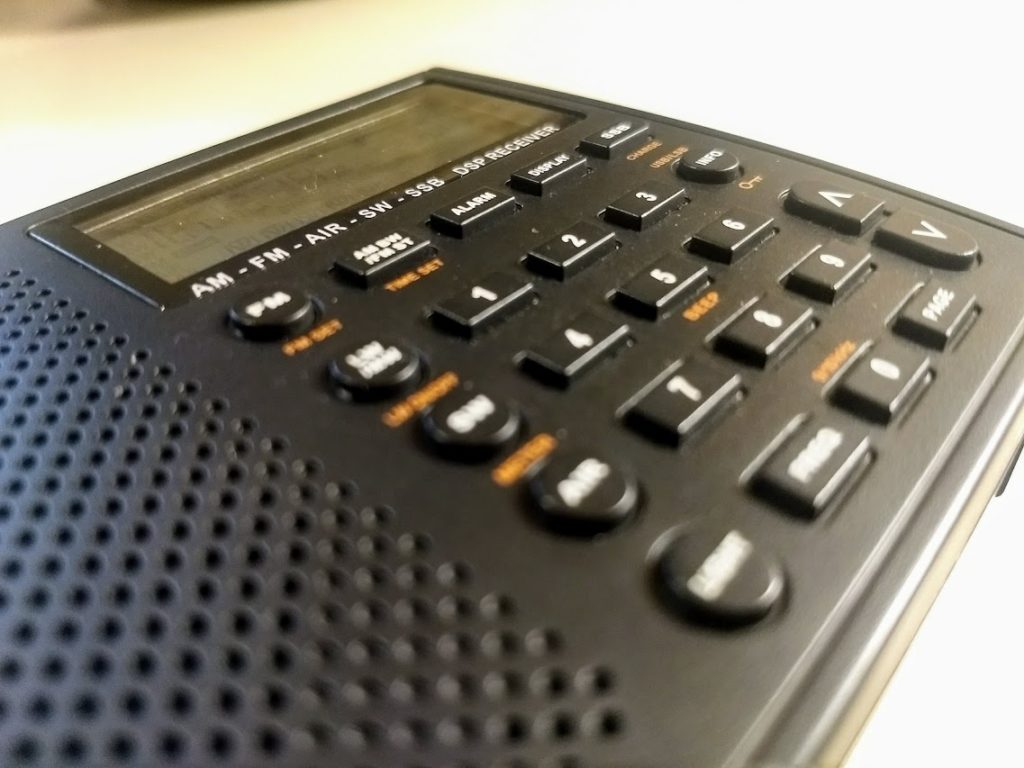Many thanks to SWLing Post contributors Rich Cuff and Mike Hansgen who share the following Op Ed piece from the Sydney Morning Herald:
Warning: put down any power tools and ensure you’re not operating heavy machinery before you read the next sentence. We’ve been outflanked!
Of course, unless you’re completely benighted or under some sort of strange, personal news blackout that prevents you even glancing at the front pages of newspapers, you’ll probably have already realised that China is extending and developing its relations with our close Pacific neighbours. This was, after all, only to be expected. Beijing and Taipei have long recognised the value of these countries’ votes in the United Nations; it’s not much of a step from there to glance at the map and recognise the islands’ have other significance as well. As China began expanding its international reach it was only natural it would similarly strengthen other relationships, including defence links.
[…]Nature abhors a vacuum and so, as we’ve been demonstrating less and less interest in this region, others have occupied the space.
The clearest example of this has been the strategically idiotic, fiscally-driven and wilfully blind destruction of Canberra’s lone voice in the region, the (once vital) ABC shortwave service, Radio Australia.
Sure, the internet’s better than a crackly radio signal. But simply to access the net requires computers and bandwidth, neither of which are readily available to the audiences in the South Pacific. And even if someone can manage to obtain a connection, the next problem is finding services, particularly news and information ones, that are relevant to your situation.
Someone in Apia (Samoa) is unlikely to be transfixed by events in Adelaide (South Australia) unless, of course, it’s their Seven’s team playing at the oval. Similarly a person in Buka (Bougainville) is likely to be bored by reports from Belgrade or Bulgaria, although not information about BHP Billiton. RA provided an independent, reliable news service specifically dedicated to the needs of its audience. Critically, it offered a vital, secure and trusted way of connecting islanders to their capitals and, through that, to the world.
The big advantage of shortwave services was that they could be heard; were relevant; and formed a starting point for a community. But as far as the ABC was concerned the broadcasts were nothing more than a big bag of money to raid in order to boost its domestic budget.[…]



 (Source:
(Source: